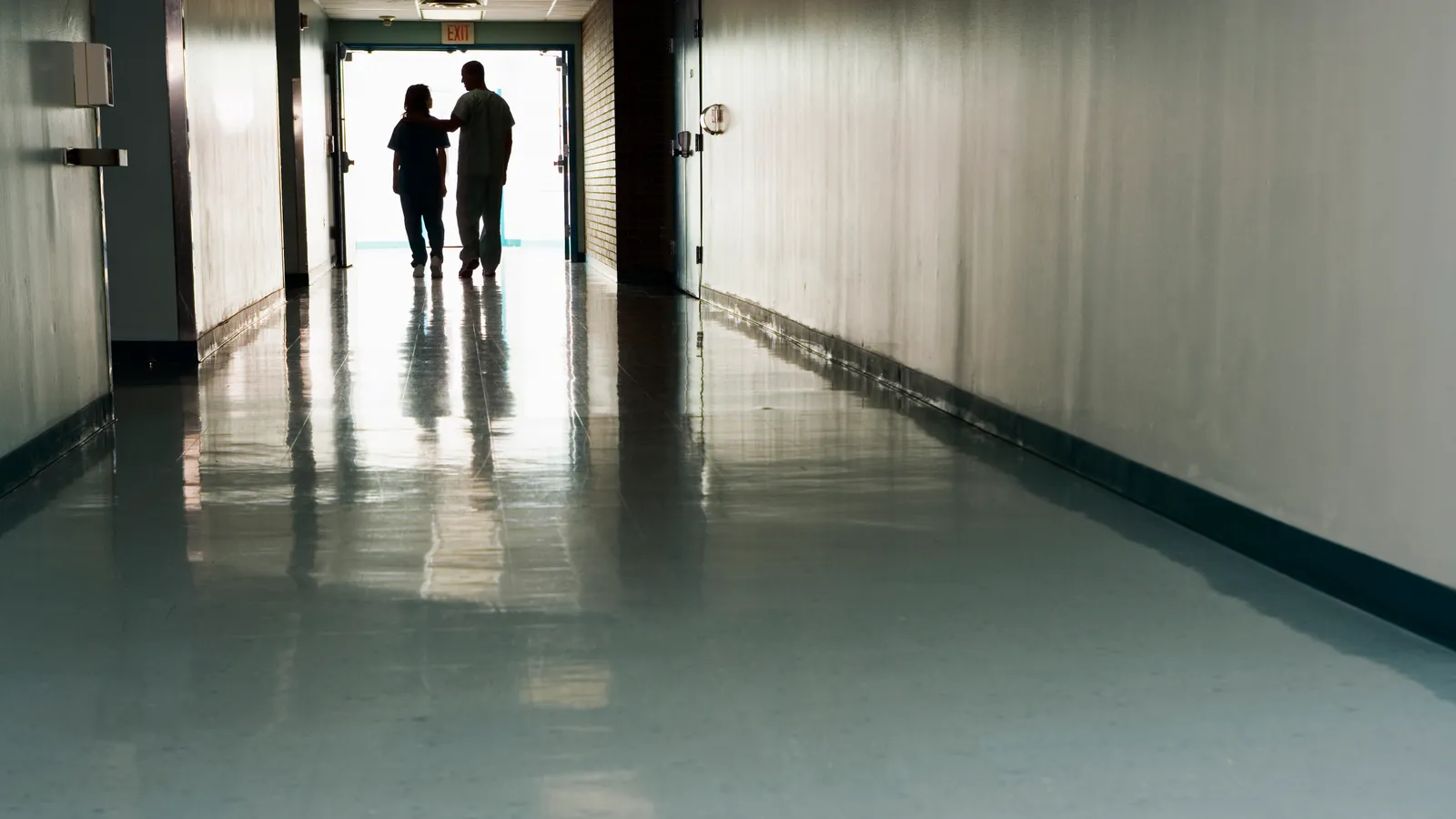(Victoria – February 24, 2025) CSI Pacific’s Physiology, Nutrition, and Data Solutions teams are proud to be collaborating with the Wu Tsai Human Performance Alliance, Harvard’s Female Athlete Program, Australian Catholic University, USA Rowing, Rowing Canada, and the U.S. Olympic and Paralympic Center (USOPC) on an innovative month-long research project. The study, which involves approximately…
(Victoria – February 24, 2025)
CSI Pacific’s Physiology, Nutrition, and Data Solutions teams are proud to be collaborating with the Wu Tsai Human Performance Alliance, Harvard’s Female Athlete Program, Australian Catholic University, USA Rowing, Rowing Canada, and the U.S. Olympic and Paralympic Center (USOPC) on an innovative month-long research project. The study, which involves approximately 50 elite U.S. and Canadian rowers at the USOPC in Colorado Springs, aims to explore the nutritional, physiological, and psychological responses to a rigorous three-week altitude training camp at 1,839 m (6,035 feet).
This research initiative is a testament to the power of international collaboration, bringing together top researchers, sports scientists, and medical professionals, along with two NSOs (USA Rowing and Rowing Canada) from multiple institutions, to advance knowledge in endurance sports. By combining expertise in physiology, nutrition, and both female and male health and mental health, the project seeks to develop new insights that can be applied to training regimens, injury prevention, and overall athlete well-being. The partnership and unique expertise among all the collaborators ensure that findings will be grounded in cutting-edge science while having practical, real-world applications for elite athletes and their coaches.
The project employs a real-world, field-based research training camp design featuring world-class measurements and assessments in free-living training conditions among elite and world-class national team rowers. The study will collect extensive data and examine critical factors such as energy availability, training load, sleep, body composition, and mental health, with a focus on understanding Relative Energy Deficiency in Sport (RED-S) and altitude-related performance outcomes. Researchers will conduct tests to assess metabolic rates, training load, and energy intake (over three weeks); perform blood tests; and measure hydration levels and oxygen saturation to track how athletes adapt to training at high altitudes. Body composition will be analyzed using DXA scans, while sleep and recovery patterns will be monitored through wearable technology. Hemoglobin mass testing will help determine changes in oxygen-carrying capacity, and psychological assessments will evaluate mood and mental well-being throughout the camp.
CSI Pacific is actively contributing to this international collaboration. Chief Performance Officer Trent Stellingwerff has played a key role in the study’s design and is overseeing the project from CSI Pacific’s side, while Registered Dietitians Susan Boegman and Tiffany Rusch, as well as Physiologist Laura Isherwood, are assisting with athlete monitoring and testing on-site from February 7 to March 3. Additionally, Physiologist Liz Johnson is conducting hemoglobin mass tests at the start and end of the camp. Ming-Chang Tsai from Data Solutions has been assisting with data analyses, including the semi-automation of data collection (capturing and analyzing over 3 million rowing erg strokes across 50 athletes over three weeks).
With a multidisciplinary approach and expertise from leading institutions, this research is expected to provide critical knowledge that will benefit both current and future generations of endurance athletes. By identifying key physiological, nutritional, and psychological responses to high-load training camps at altitude, the study outcomes will help inform best practices for coaches, sports scientists, and medical teams working with high-performance athletes. The findings could also help refine training programs and supportive measures (such as nutrition and health) for endurance sports beyond rowing, extending to disciplines such as cycling, long-distance running, and triathlon.
The collaboration highlights the shared commitment of all involved organizations to advancing sports science and athlete health. As results emerge, they will contribute to a growing body of knowledge that supports the long-term development and success of elite athletes across multiple disciplines. Stay tuned for insights from this groundbreaking study.
Special thanks go to Dr. Kate Ackerman (Harvard Medical School Associate Professor of Medicine and US Rowing Head Team Physician), to the longstanding collaboration between CSI Pacific and her research group, and to the incredible support provided by the Wu Tsai Human Performance Alliance (https://humanperformancealliance.org/) for her research program and, specifically, this project. We are also indebted to the athletes, coaches, and administrators of US Rowing and Rowing Canada for participating in this project, as well as to the USOPC for hosting this significant undertaking.
-30-
For more information, contact:
Noah Wheelock
Senior Manager, Communications & Operations
CSI Pacific
nwheelock@csipacific.ca
















